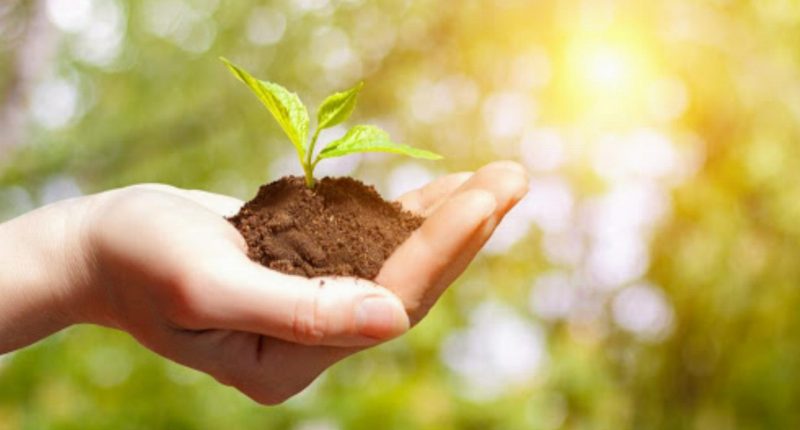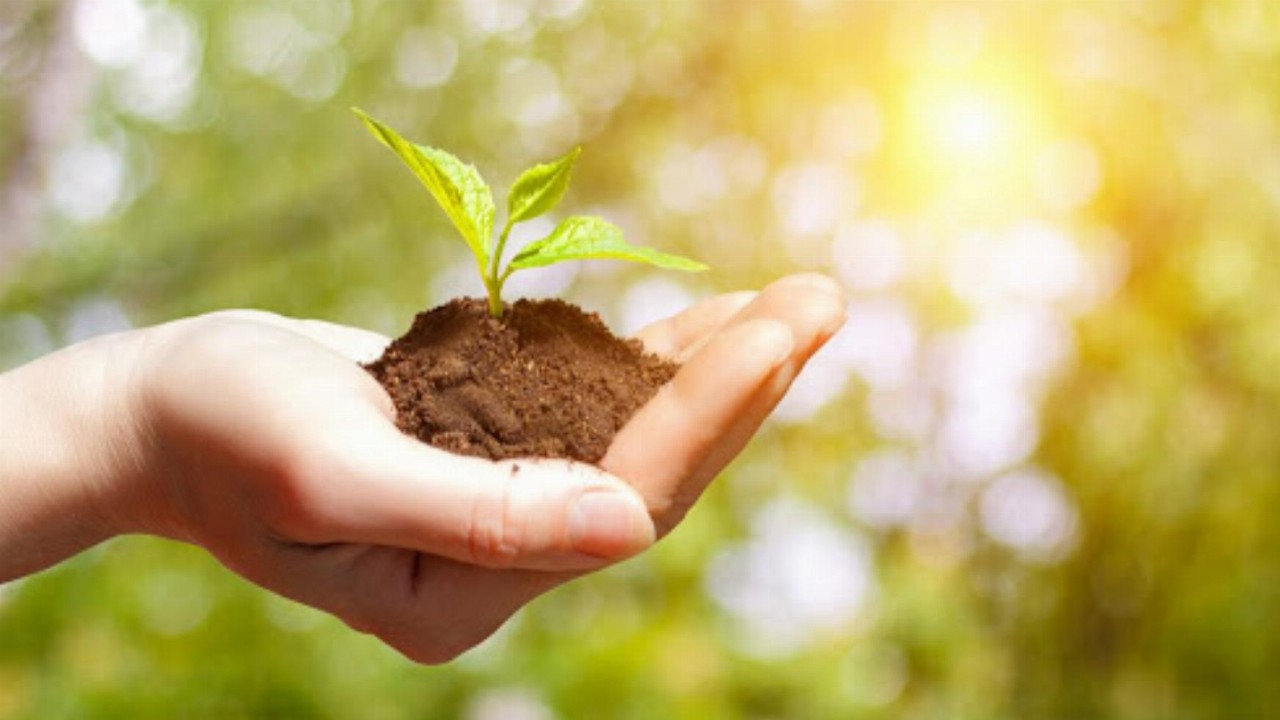When China implemented its National Sword Program in January 2018, a chain reaction sent companies on the hunt for ways to be more conscious about their waste.
First announced in 2017, the program sought to ban the import of some 24 types of recyclable material to a country that is already the largest importer of waste.
For more than 25 years, Western countries have shipped their plastic waste to Asian countries, with China taking the lion’s share and receiving 106 million tonnes — or 45 per cent of plastic waste — since 1992.
Materials such as mining slag, unsorted waste papers, waste textiles, and household waste plastics were banned in a bid to stop soiled and contaminated materials overwhelming Chinese facilities.
As a result, other countries, such as Thailand, Malaysia and Indonesia, received an abundance of material and, in turn, stopped accepting waste as their smaller facilities could not keep up.
But with these countries no longer accepting imports, where does the plastic go?
Australia
As Australia has a very limited processing capability, the majority of our recyclables were previously sent to China.
With this ban now in place, compounded upon by the collapse of SKM Recycling in 2019, thousands of tonnes of recyclables have been sent to landfill, and recycling centres just can’t keep pace with serious doubts as to the economic viability of recycling even with expanded capacity.
According to WWF, in 2017 and 2018, Australians used around 3.4 million tonnes of plastic with only 320,000 tones, or just 9.4 per cent, going to recycling. Of this amount, 46 per cent was reprocessed in Australia, while the remaining 54 per cent was exported.
Prior to its collapse, SKM’s five Victorian facilities collected more than half of the state’s recycling. Now, however, the majority ends up in landfill.
So what’s being done?
In 2009, South Australia was the first state to ban single-use plastic bags. Since then, every state has followed suit, except for NSW, who announced its intention to begin a six-month phase out earlier this year.
Even ASX-listed companies are doing their part. Bioplastics developer SECOS Group Ltd (SES), for example, is currently developing a range of certified compostable and biodegradable plastic packaging materials.
Formed in 2015 through the merger of Cardia Bioplastics and Stellar Films Group, SECOS develops, manufactures, and markets high-quality packaging materials that are reusable, printable, and compostable.
The company is aiming to replace plastic bags with compostable options, thus reducing greenhouse emissions and reducing the number of bags which head to landfill.
SECOS has recently signed with retail giant Woolworths to have two of its compostable bin liners sold in-store under their retail brand MyEcoBag.
Additionally, the company offers a range of home compostable resin for food and packaging applications, which allows the packaging and food scraps to be composted once used.
With a company like SECOS looking at ways to reduce waste and change the way products are packaged, who knows what the future of waste will hold.








